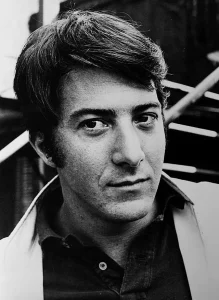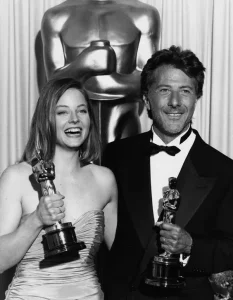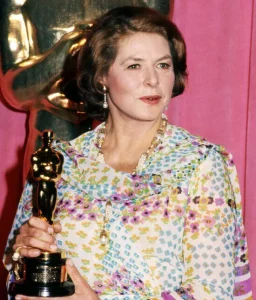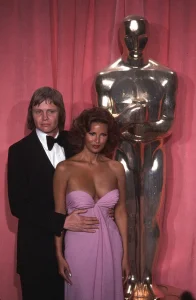Few Oscar ceremonies have blended glamour and controversy quite like the 1975 edition. Against the backdrop of the Vietnam War’s end and shifting cultural tides, that year’s Academy Awards became a microcosm of the era’s tensions—both on and off the stage.
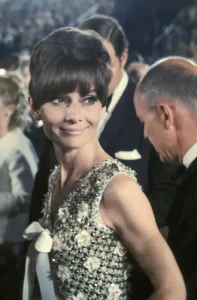
Dustin Hoffman’s refusal to play nice set the tone. Nominated for Lenny, the actor dismissed the ceremony as a hollow spectacle, earning a strained joke from host Frank Sinatra that fell painfully flat. Sinatra himself seemed out of sync, slurring through lines and drawing rare jeers from the crowd—a far cry from his usual smooth charm.
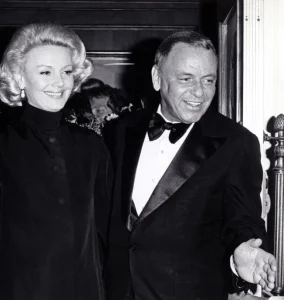
The night’s defining moment arrived when Hearts and Minds producer Bert Schneider used his acceptance speech to share a message from a Viet Cong diplomat. The political grenade split the room: progressive attendees cheered, while conservatives like Bob Hope fumed. Shirley MacLaine and Warren Beatty piled on, turning the podium into a battleground for Hollywood’s ideological divide.
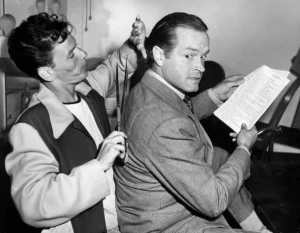
Yet the evening wasn’t all strife. Ingrid Bergman’s supporting actress win for Murder on the Orient Express offered a poignant full-circle moment, decades after her career was nearly derailed by scandal. And decades later, a vintage photo of Jon Voight and Raquel Welch presenting together has become an unlikely flashpoint, with modern viewers debating whether his hands-on posture crossed a line.
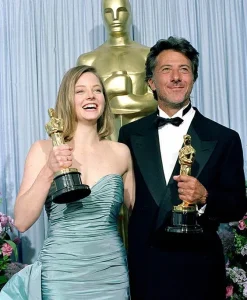
More than just an awards show, the 1975 Oscars reflected an industry—and a nation—struggling to reconcile its past with an uncertain future.
